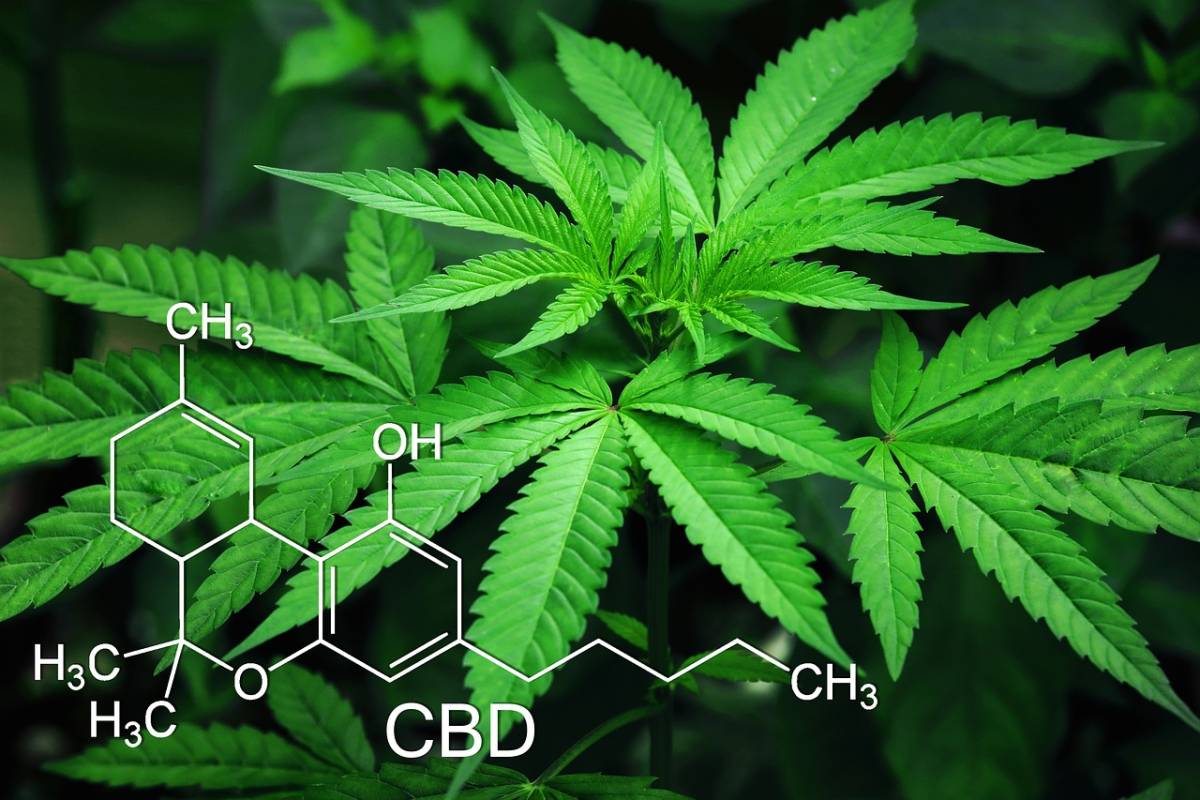Edited 25 Oct. to add information about crime rates.
A discussion occurred on NextDoor when I posted my thoughts about Ohio’s marijuana legalization on that site.
The short form of my position is this: If you think alcohol should be legal, then you have no reason to oppose marijuana legalization.
Some of the concerns were spurious (if you have legal dispensaries, they aren’t going to be illegally tainting their product), some were legitimate but not quite relevant (mostly about the smell, which I understand, but we currently have legislation about smoking other substances, and edibles, salves, etc have no smell).
But there were some concerns that needed a bit more context and discussion.
So I started doing a literature review to answer those questions and concerns as honestly and factually as I could. Read on for what I found.
First was a concern about heart disease. And there is something there… sort of. There are some studies that show there seems to be a correlation between high levels of cannabis use and increased risk of cardiovascular disease.
However, the researchers did not (or could not in the case of the meta-studies) distinguish between forms of use (although they did separate by gender, which tells me they forgot to ask about types of use). Given there is a strong correlation between smoked tobacco and CVD, I would hope there is research teasing out the difference. I strongly suspect that someone who only uses gummies would not have the same (elevated) risk.
Alcohol, it should be noted, ALSO is associated with an elevated risk of cardiovascular disease, so again, my original statement that one should not treat cannabis as "worse" than alcohol stands. The physical negative health effects of alcohol are thoroughly studied, with the WHO recently noting that no level of alcohol consumption is actually safe (let alone "good") for our health. Given the increase in alcohol use since the beginning of the pandemic, this perhaps should be a greater concern from a societal point of view.
There are also concerns about mental health disorders and cannabis use.
A study often cited by anti-cannabis folks is saying is that for those at risk of schizophrenia, it’s more likely to be associated with an elevated risk (again, separated by gender). The study does not make any claims about causing disorders among those who are not already at risk to develop the condition. Other research questions the causal link, and notes that it may be more correlational.
However, a good point is raised.
Other research illustrates that cannabis — like any drug or medicine or substance we take into our bodies — has a different impact on people with different pre-existing mental health conditions. For some, it was helpful, for others, remarkably less so.
But we should not ignore that alcohol-induced psychosis is also a real thing. There are also studies clearly linking alcohol use to increased dementia risk.
Finally, concerns about cannabis use increasing the use of other, "harder" drugs seem to be completely off-base. In real-world observations, the legalization of recreational marijuana did not increase opioid usage, and in fact, decreased it.
No substance we take into our bodies is always good or always bad. The same substance may be good for one person, and very bad for another. That goes for alcohol, marijuana, and even for carbs.
In response to another person I looked up actual research about crime rates and marijuana legalization:
It took me literally seconds to find an academic study noting that violent crime in Oregon, as well as use of other drugs, decreased after legalization, one showing no effect (either way) noted in Washington or Colorado, another showing a reduction of violent crime in all states with legalization,
and this one, which, well, I’ll just quote it:
"The results imply that an additional dispensary in a neighborhood leads to a reduction of 17 crimes per month per 10,000 residents, which corresponds to roughly a 19 percent decline relative to the average crime rate over the sample period. Reductions in crime are highly localized, with no evidence of spillover benefits to adjacent neighborhoods."
That’s right, having a dispensary made the neighborhood immediately around it safer.
Make your decisions based on facts, rather than fearmongering.
